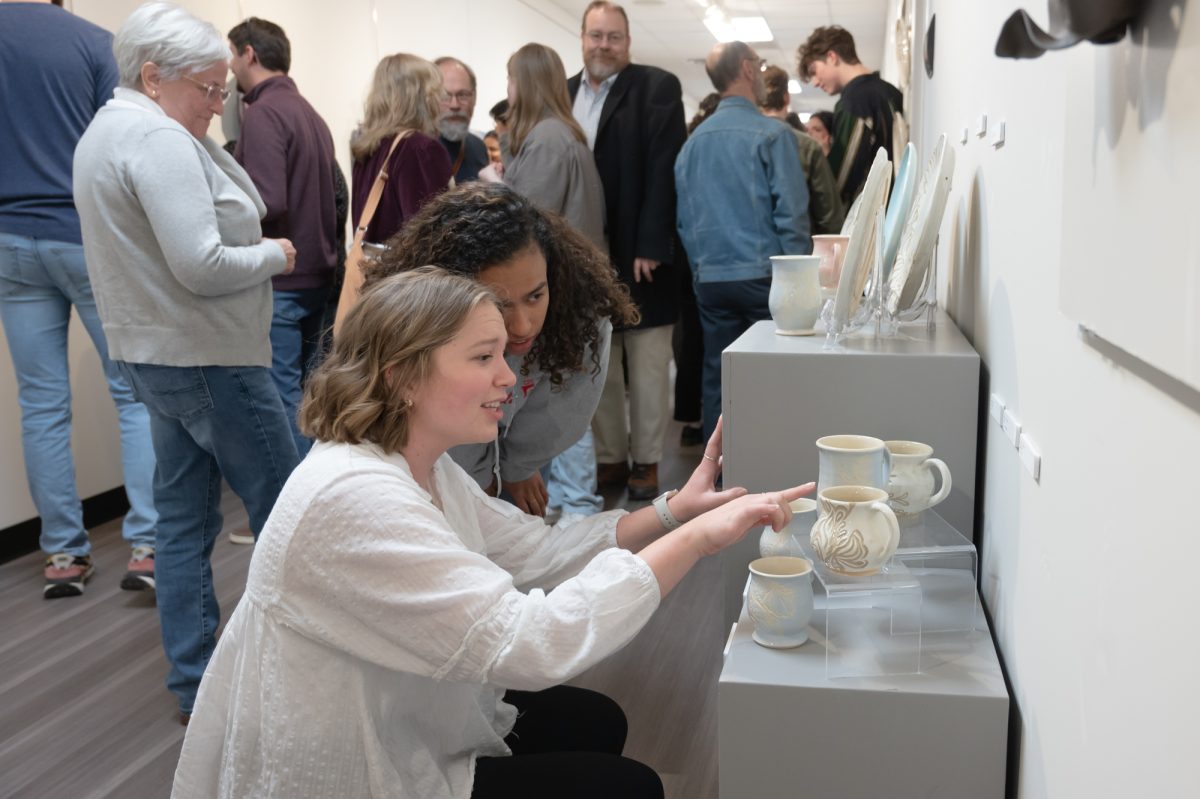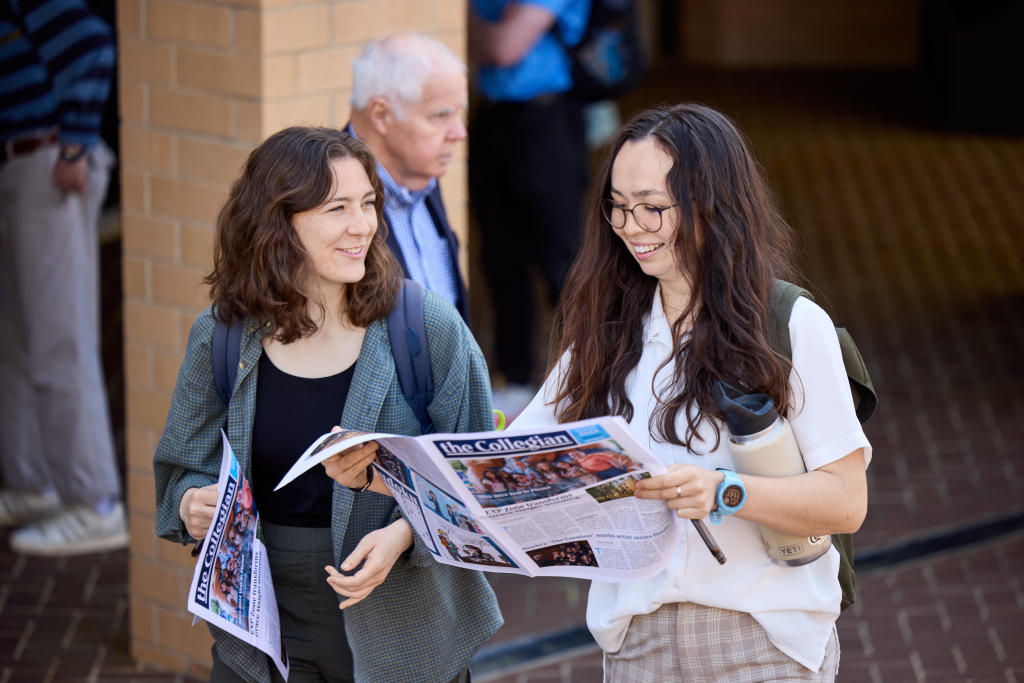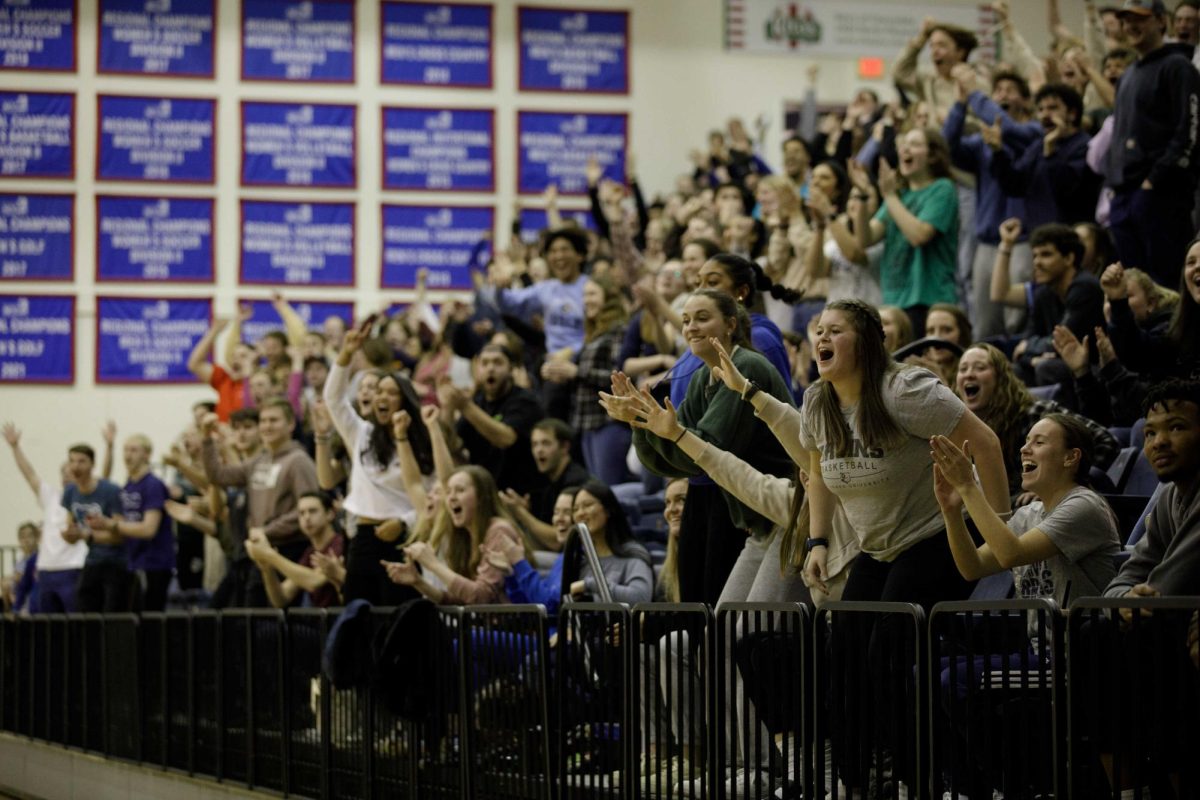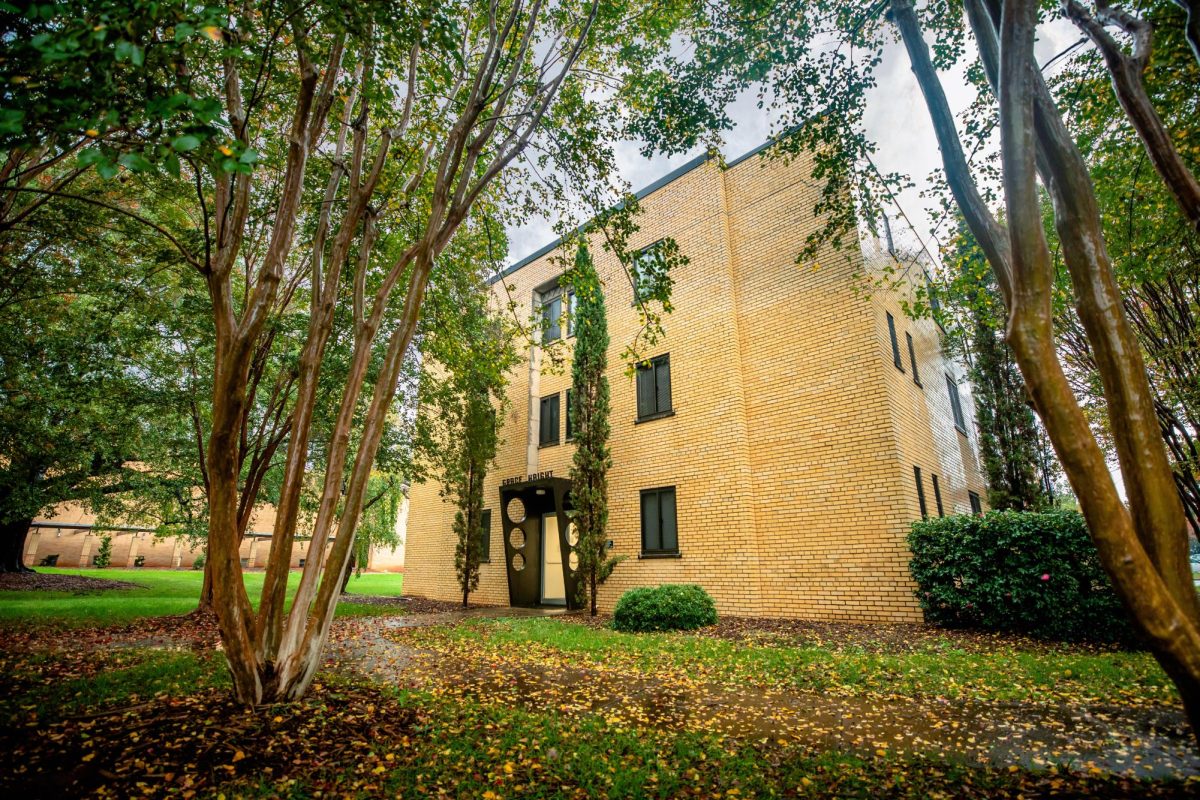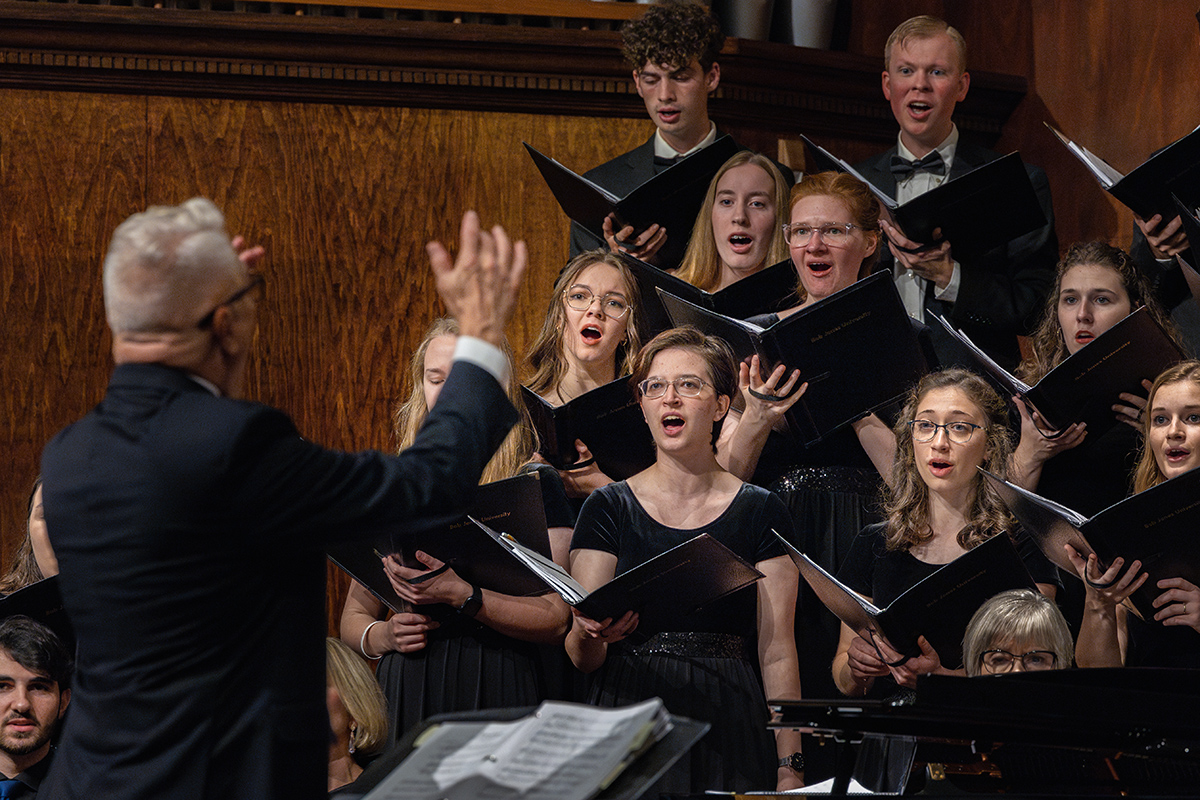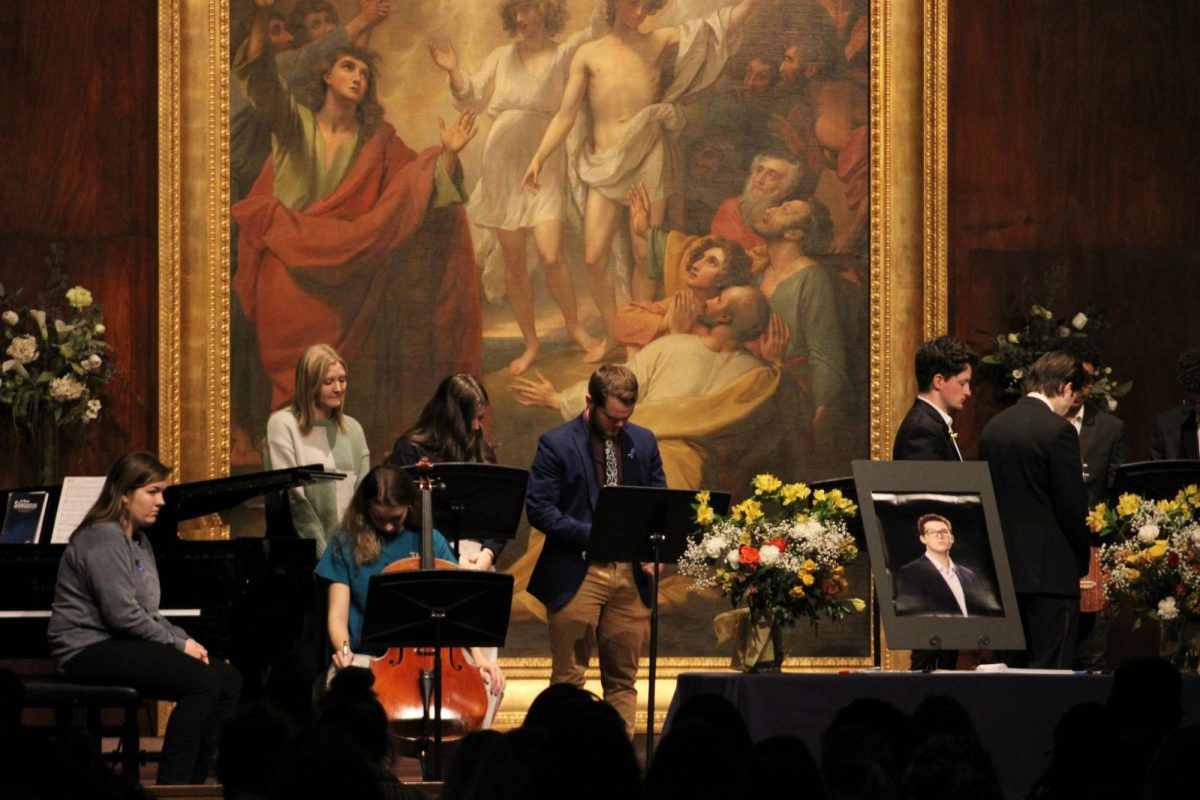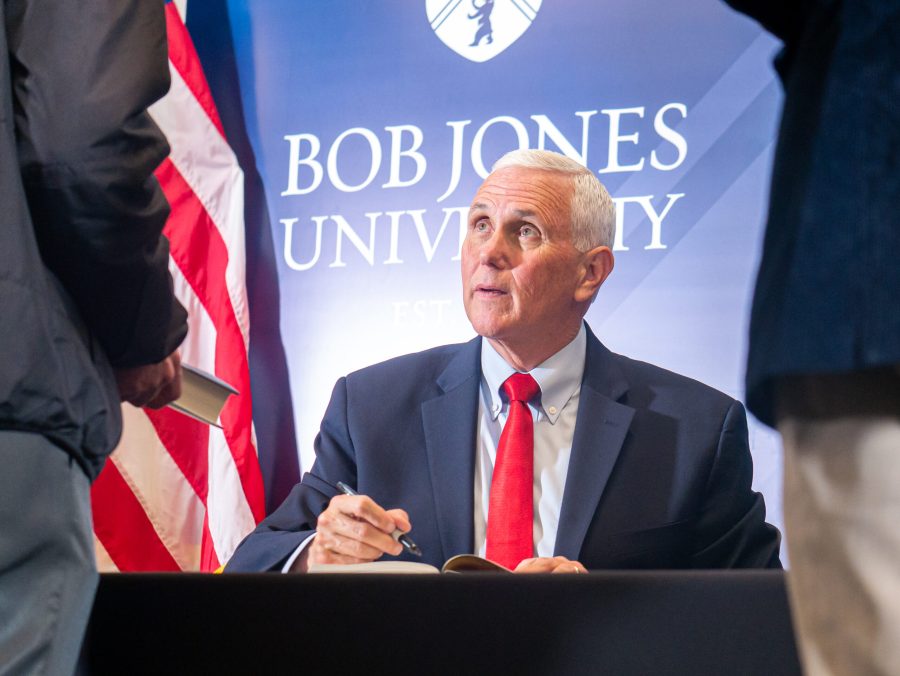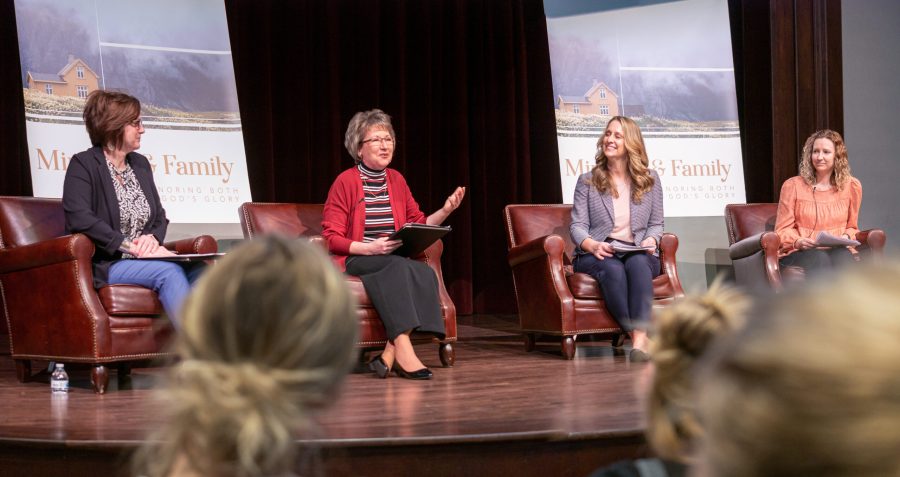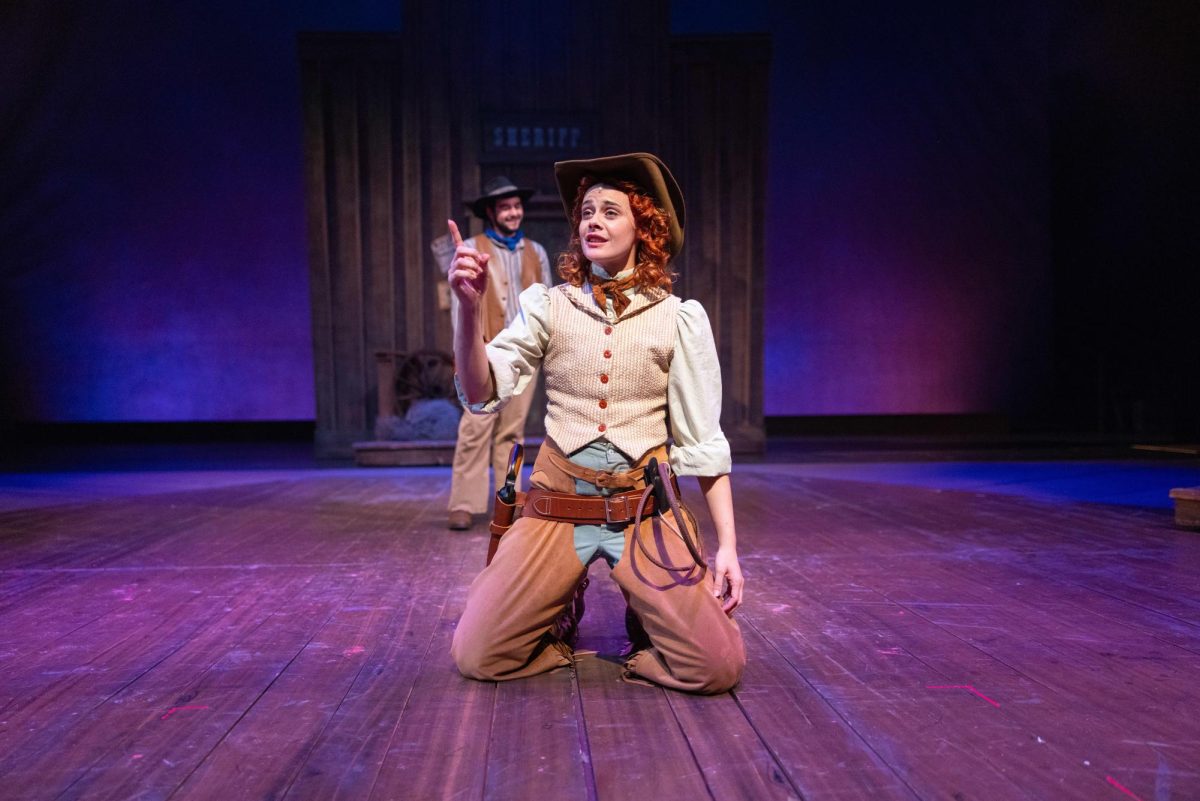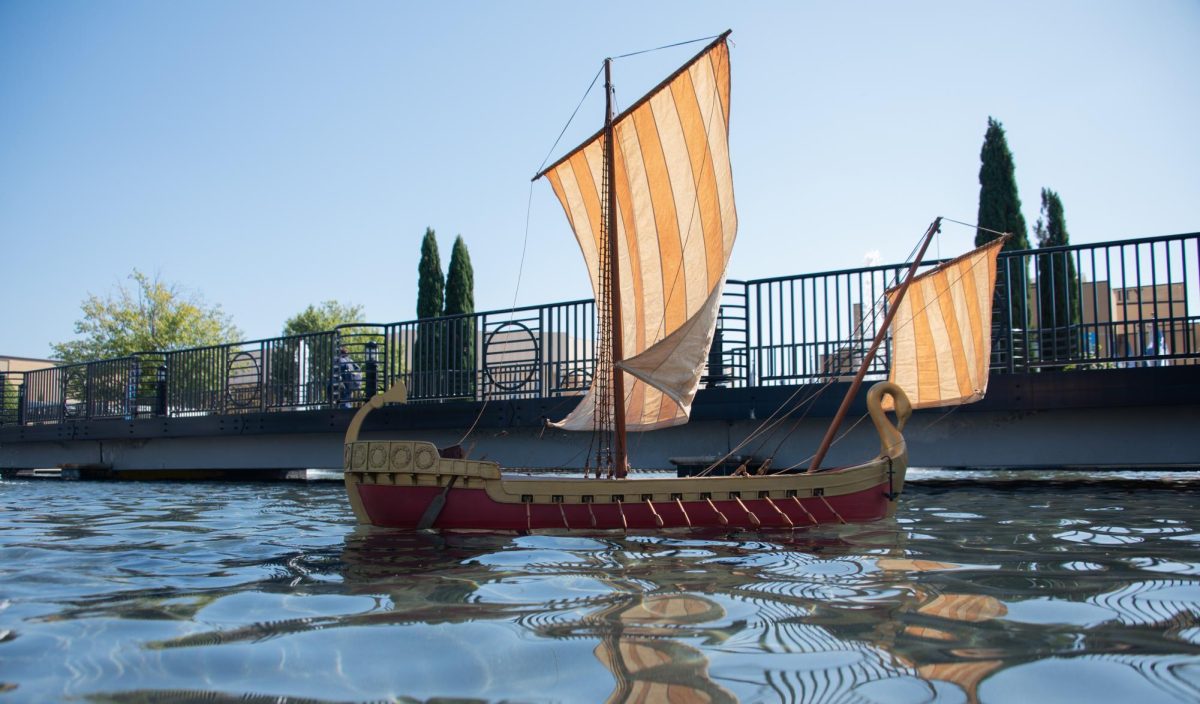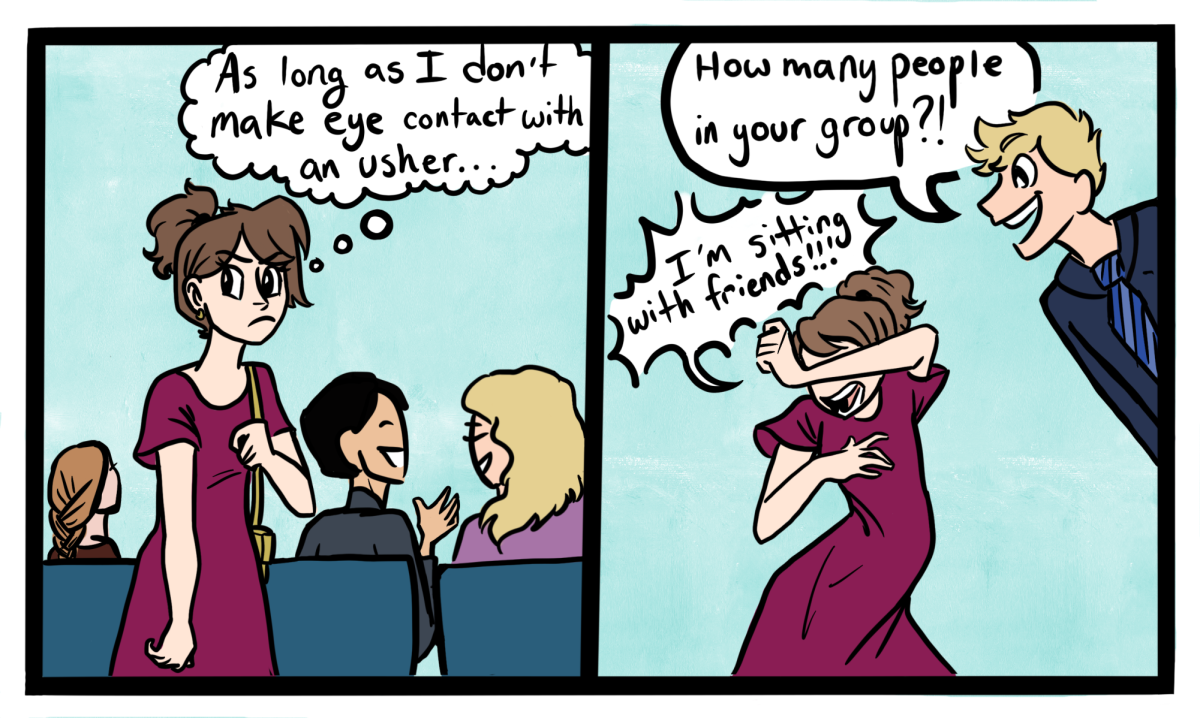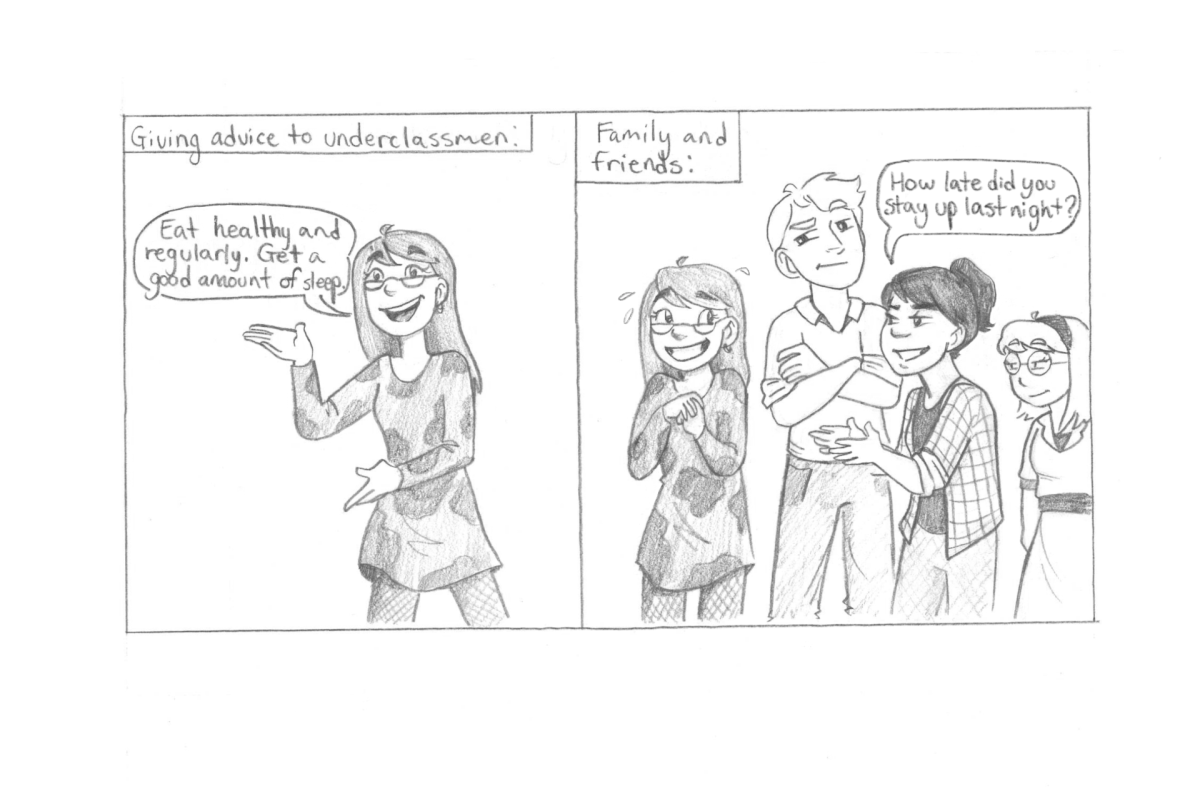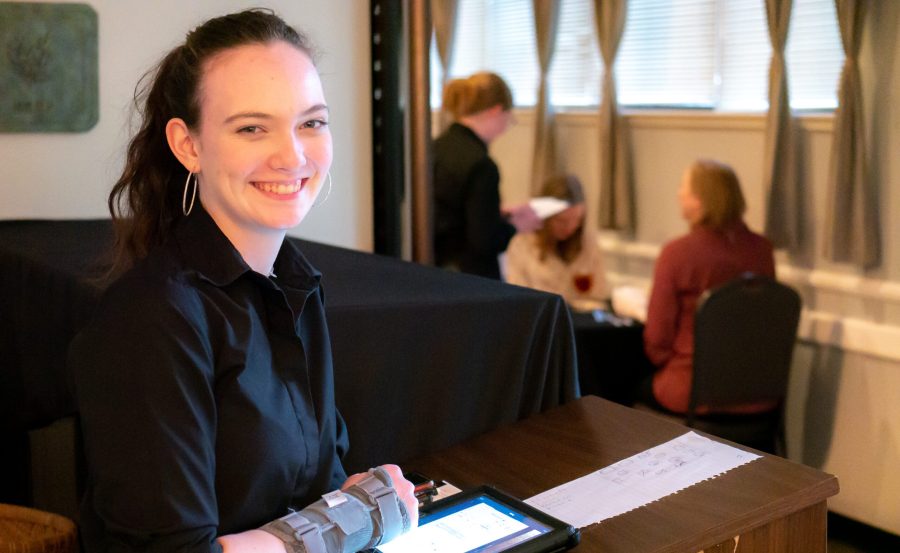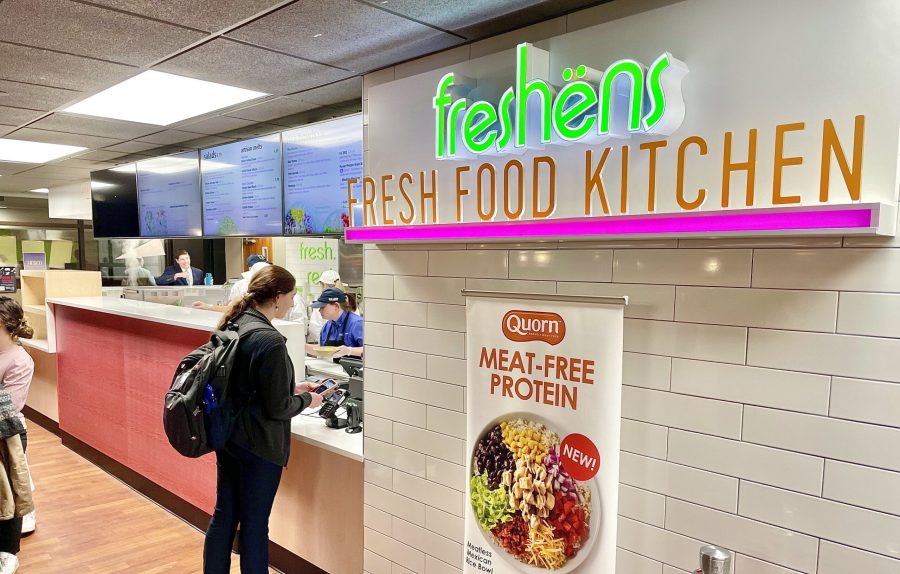The longer I’ve been here at BJU, the more I’ve realized that a liberal arts education is the best education for a believer to pursue because the liberal arts fully develops you as an individual, rather than just preparing you for your career.
The Idea of a University, written by Cardinal John Newman, compares an educational university to an instructional university. Newman was instrumental in the formation of the modern university in the 19th century.
He encourages students to attend a liberal arts university because it constitutes as educational rather than instructional.
A liberal arts education challenges your critical thinking skills, exposes you to human history in every field, encourages multiple approaches to problems, teaches philosophy and religion, and helps cultivate an appreciation for the arts.
In high school, I tried many things—from sports, to theater, to choir, to yearbook computer design, to student government, to honors and AP courses. I liked many of these things, and I failed at many of them. The things that I liked, I pursued year after year and became quite decent at them.
The only problem was that since I was decent at multiple things, I didn’t excel at one or two; so, the bigger problem was, what do I do with my life?
I began talking with my dad and principal, and through a series of conversations I realized that I was passionate about life in general. I like people—how they think, act, react, feel and interact with others.
I realized I liked English so much and was good at it because every piece of literature has an author with a different story, struggle, victory, feeling and faith. Through this process and much prayer, I became assured that I should be an English education major.
Now, I’m not saying this process works for everyone, but it’s something to consider. Sit down with a sibling, friend, niece or nephew who’s looking at colleges, and ask them to think about what they’re passionate about.
Newman describes this concept as that which is good also being useful. He said that while learning what and how to do something is useful, it is not always good; the why is most important.
He defines earning a degree as the job of an instructional university, and this is good, but it is also good to learn skills that will impact areas of your life even outside of your career. Newman calls this an educational university.
As my dad, my principal and I explored college options, it became clear that a liberal arts university would be best—a place that requires and offers classes in every field to cultivate a well-rounded individual for society.
I’m not saying every person who attends a liberal arts university is going to walk away with a desire to regularly attend the town hall opera or travel to the world’s greatest history exhibits.
But most graduates can’t help remembering what they learned in the classes that didn’t seem to apply to the major they were pursuing for their job when they’re a mom, dad, community service volunteer, pastor, or teacher’s aid.
The little lessons history, art and philosophy can teach us help us to relate to one another better than which button to press on a computer or how to properly write a paper.
Those things are valuable in a career and they help us communicate, especially in today’s social society, but they pale in comparison. People weren’t made just to fill jobs. People were created in God’s image to give Him glory and love one another.

